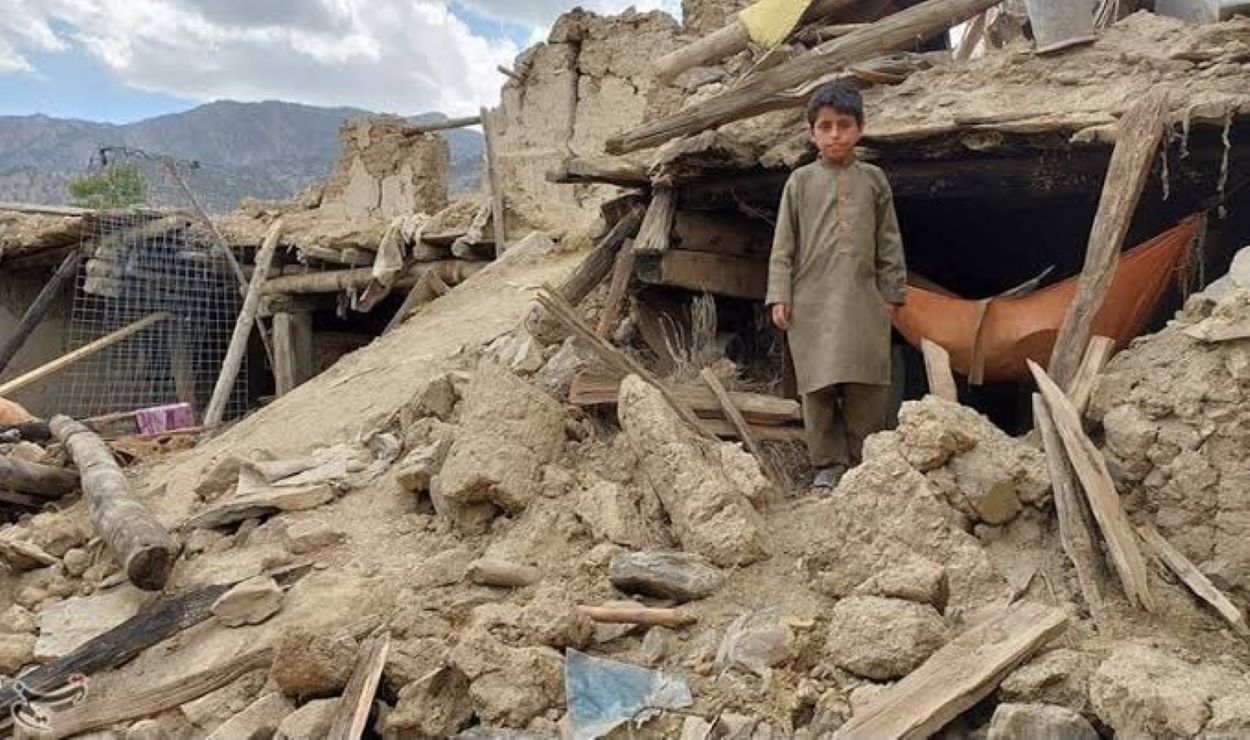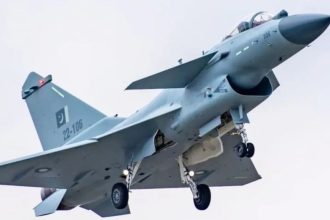The northwestern city of Herat and its surrounding areas experienced one of the most devastating earthquakes in Afghanistan’s history. The Taliban administration reported a tragic loss of at least 2,400 lives and numerous others injured, making it one of the deadliest global seismic events this year. This follows other significant tremors in Turkiye and Syria, which claimed an estimated 50,000 lives. While the city of Herat saw some of its structures standing, significant damage was noted, especially to the medieval minarets of its renowned mosques, as revealed by social media images.
Locals are grappling with the devastation; Herat resident Mir Ahmed recounted the loss of his son while another was injured, emphasizing the gravity of the situation with many still trapped under debris. Afghanistan’s geographical location, surrounded by mountains and close to the seismic Hindu Kush region, makes it prone to such calamities. However, the challenges of accessing remote areas, combined with a war-torn infrastructure, often complicate assessing the full impact and organizing rescue operations.
The UN Humanitarian Office released its figures, stating 1,023 fatalities, 1,663 injuries, and over 500 missing individuals. Distressingly, the entirety of Zindajan district homes in Herat has been obliterated.
International Aid Pours in Amidst Afghanistan’s Fragile Healthcare System
Afghanistan’s healthcare infrastructure, heavily dependent on international aid, has suffered significant setbacks in the past two years following the Taliban’s takeover. The abrupt halt in much-needed international assistance, which once was the country’s economic pillar, has further exacerbated the situation. The current Taliban regime’s restrictions on women, especially within the aid sector, have raised eyebrows globally, leading to reduced financial assistance from potential donors.
Despite this backdrop, nations like Pakistan and Iran have stepped forward to offer their support. Pakistan is prepping to send essentials like food, medicine, tents, and blankets with their disaster management team ready for deployment. Iran, situated less than 90 kilometres from the epicentre, has also committed to sending humanitarian aid. Furthermore, China’s Red Cross Society pledged $200,000 in emergency funds to Afghanistan’s Red Crescent Society to aid in earthquake relief efforts. Caretaker Prime Minister Anwaarul Haq Kakar of Pakistan reinforced their commitment to Afghanistan, promising prompt assistance, including medical teams, field hospitals, and other essential supplies.







